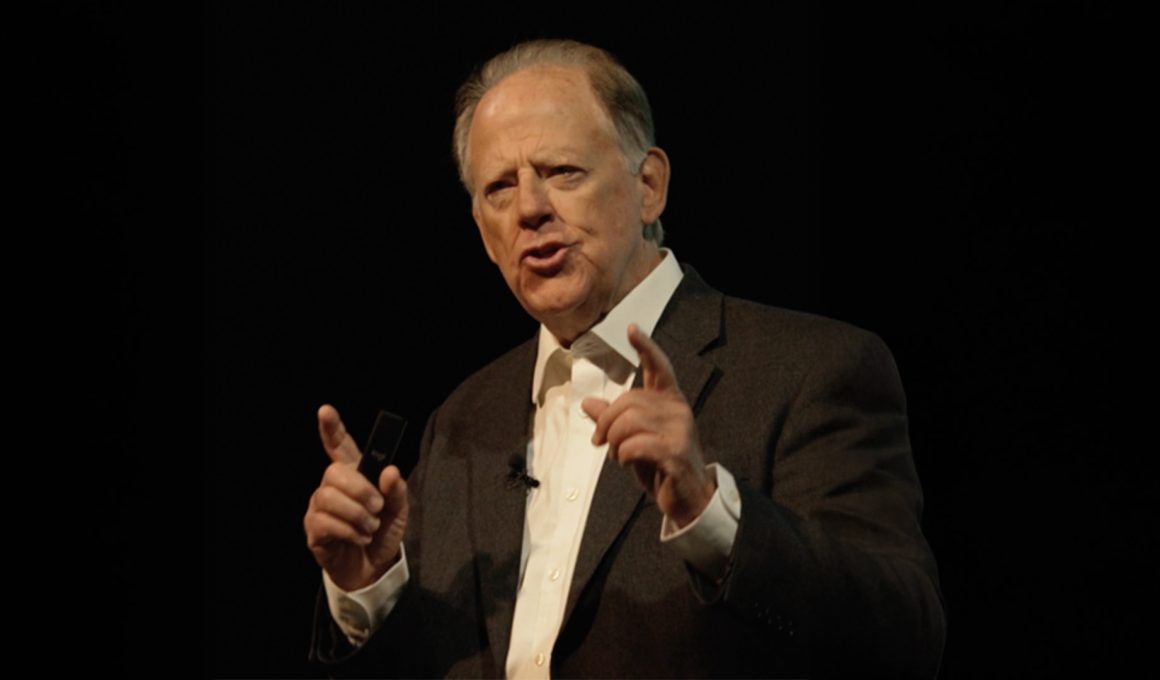When everything falls apart, some leaders freeze while others rise to the occasion. Rick Williams has seen this pattern repeat again and again during his years as a company founder, management consultant, and serving on corporate boards. His new book, ‘Create the Future,’ is a guidebook for making difficult decisions. His approach to crisis leadership centers on not pretending to have every answer – including acknowledging to yourself that you don’t have all the answers. Ask questions and build trust when uncertainty overshadows every conversation.
How to Leverage Crisis as a Leadership Growth Opportunity
Williams says that the first response most people have in a crisis is wrong. “You as a leader and the people around you are usually responding to the symptoms of the problem and not the real problem,” he explains. That mistake can turn a manageable challenge into a full-scale organizational disaster. He knows the territory well. As a board member for multiple companies and an author focused on making difficult decisions, Williams has seen leaders either rise to the moment or falter under pressure. The difference is not natural talent or years of experience. When time is short and the stakes are high, quickly going through each step of the decision-making process is important. Start by understanding what is driving or creating the crisis.
Making Decisions Under Extreme Pressure
In a crisis, normal decision-making often disappears. Williams explains it simply: “There’s a big difference between decision making when you have time to carefully consider each decision-making step, and decision making when time is short.” The principles and steps remain the same, but speed and using the information at hand are essential. His solution is what he calls an “ask, discover, learn, and decide” approach. It may sound straightforward, but most leaders skip directly to deciding without laying the groundwork. Williams stresses the importance of involving others. “I think it’s very important to engage with your leadership team to help you make decisions so you don’t make a big mistake.”
There is another factor many leaders overlook. Fear. “People, including yourself, are often afraid and not sure what to do,” Williams points out. In those moments, building trust with your team is essential for getting then to engage with you and help you make the right call. A team needs confidence not only in the decision itself but also in the leader guiding them through the uncertainty.
Managing Fear While Leading Teams
Fear of failure is a major leadership barrier. Williams has seen fear of failure drive decision making again and again. “We as individuals and certainly as leaders are afraid of failing. And we’re afraid of starting down a path when failure might be the result of every option we’re considering.” His approach begins with acknowledging that failure is always a possibility, then separating the options in to different categories of risk. “Is the risk that we might go out of business? Or is the risk that something might not work exactly right. Would failure would be okay?” he asks. That distinction is critical. Williams recommends testing ideas in controlled, low-risk environments. “Let’s find some sympathetic customers and try it with them and get their reaction first,” he suggests. Even if the trial does not succeed, the lessons learned are valuable and help shape the next attempt.
Navigating Board Dynamics in Crisis
Board of director dynamics often grow more complicated in a crisis. Williams, who serves on multiple boards, describes the tension clearly. “I believe the board must be both the CEO’s boss and the CEO’s coach. The board sets expectations and reviews the CEO’s performance. The board also, in my opinion, should be a coach to the boss to help him or her succeed.” Naturally, when problems arise, boards ask hard questions such as “what did you do to prepare for this happening?” or “what are you doing manage this crisis?” But Williams believes the most effective boards work to help the CEO succeed in their role as CEO. If the CEO is successful, the company will be successful. The board works in partnership with the CEO. He suggests the board ask, “What can we do in partnership with you to get through this?”
The real value of a board is perspective. Leaders caught in the middle of a crisis often focus only on immediate fires. A strong board helps them step back and ask bigger questions. “It’s very difficult for that leader to step back and say, What will success look like 12 or 24 months from now? What are the values that we want to express through how we deal with this crisis?” Williams explains. That outside view is a valuable contribution. He points to IDG, a global technology conference company, as a vivid example of how crisis can spark growth. When the pandemic wiped out in-person events, CEO Mohammed Ali could have waited for the industry to rebound. Instead, he engaged his leadership team with a different conversation. “What can you do? Here are some ideas I have. What do you think we should be doing here?” Williams recalls. Together, they asked whether IDG’s network of technology companies, users, and developers could be shifted into a valuable digital platform. The answer was yes.
Ali guided the company through a transformation that turned IDG into a thriving digital platform business, stronger than it had been before the pandemic. “He led the company through the crisis and transformed IDG into a fabulous, successful digital platform company,” Williams says. “And he did that by using the COVID pandemic as an opportunity for the company to actually grow into something more than it was before the pandemic.” IDG did more than survive the crisis. They used it to reinvent themselves and accelerate growth. That is the power of asking the right questions and creating a vision of success instead of reacting only to symptoms.
Williams serves on the board of directors of tech companies. He shares the principles and tools for making difficult decisions drawn from his best selling book, Create the Future, through keynote speaking to leadership groups. His work highlights a simple truth: crisis leadership is not about having every answer. It is about asking better questions, building trust, and using uncertainty as a platform for transformation.
Connect with Rick Williams on LinkedIn to explore more of his leadership insights on his website: www.RickWilliamsLeadership.com








